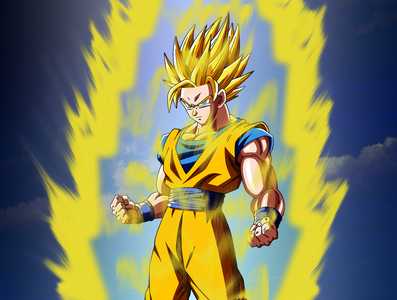anon_wexu said in #1853 2y ago:

(The AGI subthread (>>1852 >>1848 >>1847 >>1846 >>1845 >>1838) of the materialism discussion (>>1754) was starting to feel like a new topic, so I thought I ought to start a new thread to explore this direction.)
The four paths are:
1. Selective Breeding: The classic. Breed a new race of spacefaring godlike supermen by judicial pairing, fertility regulation, and possibly genetic engineering. This is in some sense the least out there. This is what our distant ancestors did to transcend apedom, and there's no reason to believe we're tapped out. We could conceivably go quite far without disrupting the basic form of the free hominid. This could also be taken into the outright body horror territory like sessile mentats with hundred pound brains, etc but that niche seems better filled by machines. Many questions are wrapped up in this like what man ought to be given industrial civilization, whether industrial civilization is a good idea, etc. This is currently officially impossible/undesirable but everyone knows that's false and we just don't know how to reconcile the current regime with it.
2. AGI: The idea is we replicate the agency and reason of man's mind in computers, replicate the physical capabilities in robotics, and essentially transition the substrate of "man" to being fully technological-industrial. Presumably industry would at some point catch up to biological nanotechnology and basal autopoesis of life. This is the most out there theory of ubermensch, where the ubermensch is eventually some kind of abstract mathematical-spiritual being that lives in dyson sphere jupiter-brain gigacities. This one's a big unknown. Is it possible? Is it still man? Does it even answer the question? Lots of diversity of opinion. Weirdly, this is also the most mainstream and popular theory at this point. The current regime seems to have no problem imagining AGI as a new kind of capital, but I think this misses the point.
3. Omega Point: Pierre Teilhard de Chardin proposed that man's "noosphere" was coalescing into a single global god-personality into which everyone else would be integrated as individuated members. He proposed that man himself no longer needed to be improved because the collective would be the center of further development and would redeem us whatever we were. I think he was wrong in his implication of political unity of future man, and wrong that man himself doesn't need to be physically improved, but it's an interesting theory.
4. Psychological Training: Some have argued that the human mind is capable of vastly further development given better training, even to the point of ordinary people becoming superhumanly capable. There's nothing I know of to rule this out, but empirically it doesn't seem to be how it works. Much more follows from people's inborn nature than is accepted by these people. The rationalists are a recent example of this tendency, when they imagined training the martial art of rationality (a very cool idea but with how much reality?).
None of these are mutually exclusive, and all are probably possible to some extent.
I'll note also that there's still a big open question in any of these of "to what end" or alternately, what kind of being should man become, measured against what telos? None of these seem to really answer the normative anthropology question in a satisfactory way, they are just means.
What do you guys think? Are any of these notably impossible or undesirable? Are any especially promising?
(I'll respond to the AGI life possibility discussion in the comments)
I want to explore th